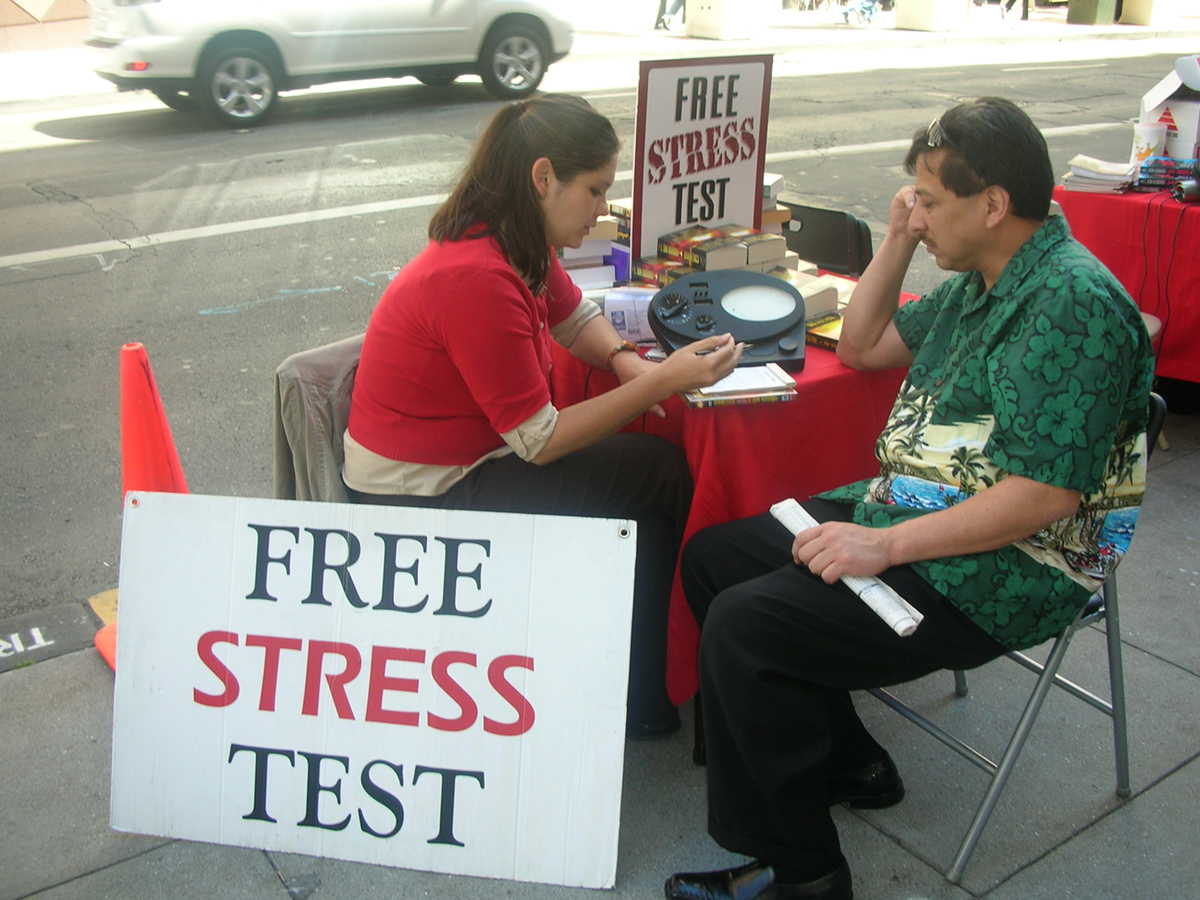
What Kind of a Test Is It?
Chemical stress test is a test of how much stress can your body endure. If we take its purpose into further consideration, it is similar to that of a heart treadmill stress test. However, while the latter requires physical activity in order to get adequate results of the test, the first involves intravenous injection of certain chemicals, which activate both one's heart and some other organs to their limits. This way, the patient is informed about his heart capabilities. The process is useful if the patient is about to undergo a risky operation, making it possible for him or her to know if his/her organism is capable of withstanding it. Also, some people do this variant of heart testing if they have heart problems and cannot be physically active.
Facts about the Chemical Stress Test
As mentioned above, people who otherwise cannot engage themselves into physical activity, due to their disabilities, illnesses or other factors, benefit from this method. It provides them with their heart stress information, which they would otherwise be unable of obtaining.
The process itself involves connecting a patient to an electrocardiogram and then injecting him or her with the above mentioned, radioactive chemicals. These drugs increase one's blood pressure, increase the heart rate and the overall heart activity. In this state, the doctors are able of evaluating the heart activity and thus see if there are any possible problems regarding its well-being. Additionally, a gamma camera is included into the analysis process, checking for any possible blood clots or other, internal, problems. Even though, this method is considered quite harmless and almost absolutely safe, there still are some things which can go wrong.
Possible Side-effects of the Chemical Stress Test
Some people may experience nausea, headache and vomiting during or after this procedure. Also, abnormal sweating, chest pain, dizziness and panic attacks are likely to take place as well. Finally, tingling sensations and flushing also add on to the list of possible side-effects.
For these reasons, people who suffer from some respiratory problems like asthma or bronchitis, are not advised to undergo this procedure without consulting their doctor beforehand. Additionally, you are not supposed to eat anything three hours before the chemical test. Those who are using certain heart or blood pressure medications are to stop taking them two days before the test.
Taking into consideration the fact that this test can be quite tiring and hard on one's body, you are advised to have a good, early dinner and go to sleep on time. During the test, try to be relaxed and mentally prepared for all the things that are likely to happen. If you take care of these means of precaution, you are bound to undergo this procedure without any problems.




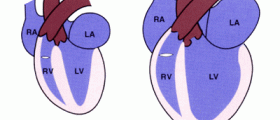

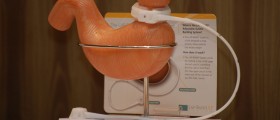
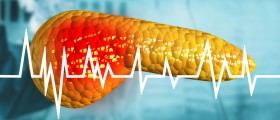




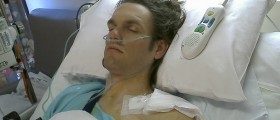
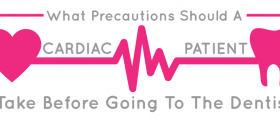


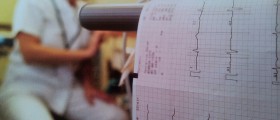
Your thoughts on this
Loading...